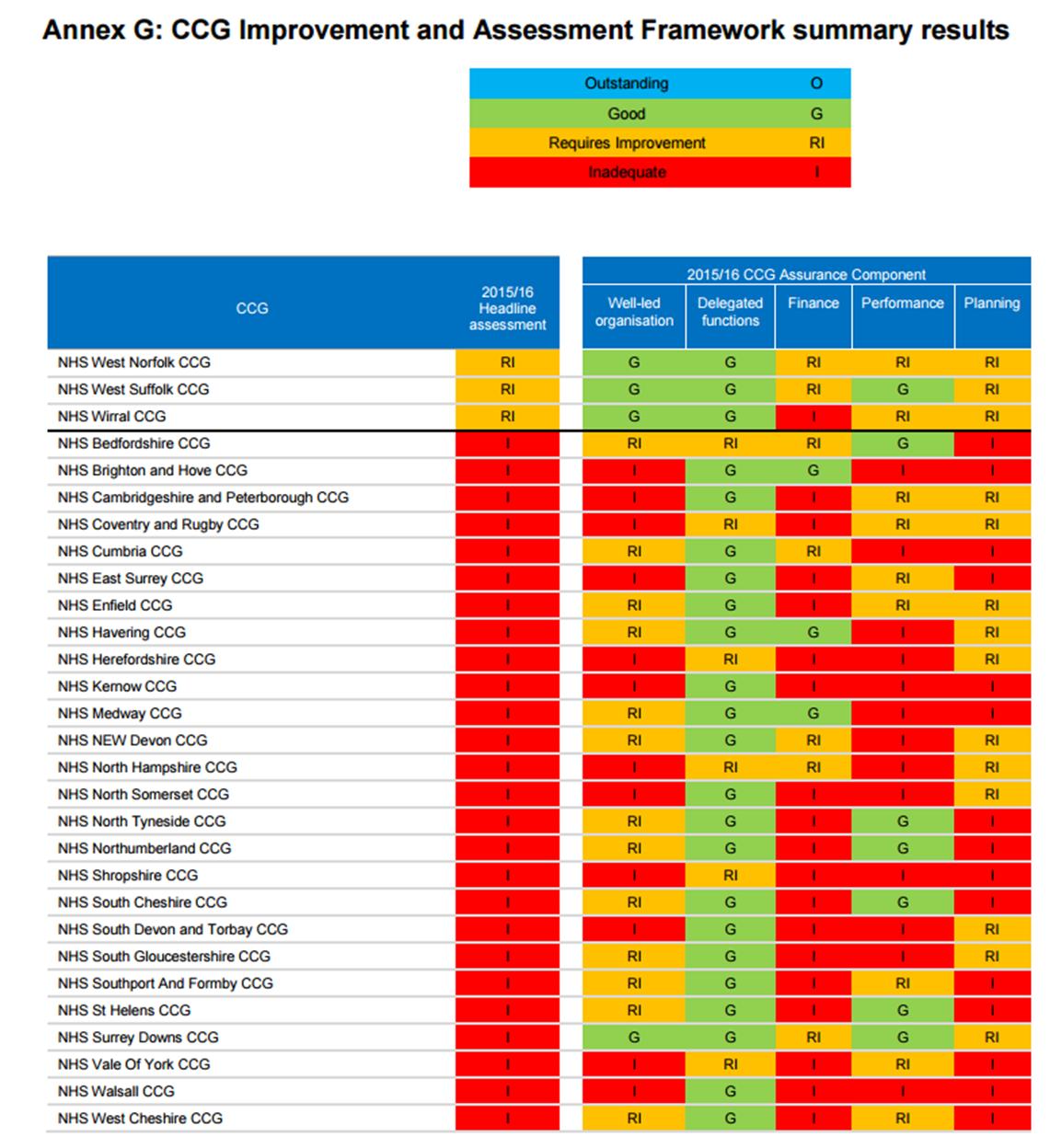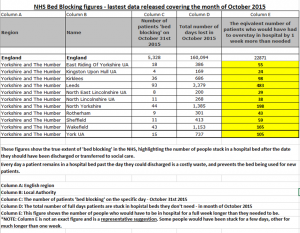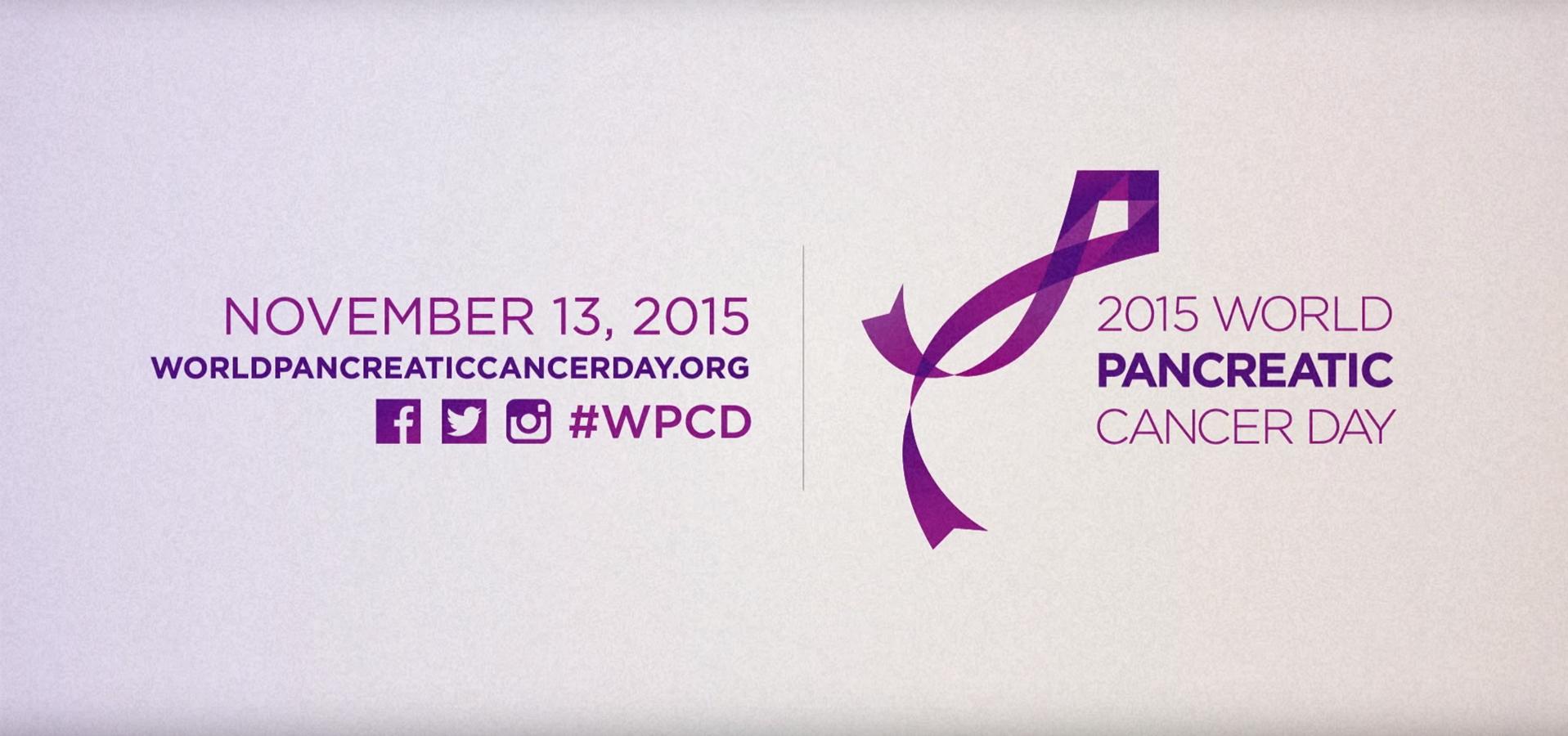The campaign from Disney, Change4Life and the Amateur Swimming Association (ASA) sees the launch of themed family swim sessions at hundreds of pools across the UK as well as new 10 Minute Shake Up activities, in a bid to make exercise fun and help children get the 60 minutes of moderate to vigorous physical activity they need each day.
The Finding Dory inspired swim sessions, which are co-created with the ASA and run from 22 July until 4 September, will provide an hour of in-water storytelling for the whole family, teaching children key swimming skills as they are taken on a journey with Dory and friends, led by trained instructors.
The Change4Life 10 Minute Shake Ups with Disney are back for a third summer to encourage children to get the 60 minutes of moderate to intense physical activity they need each day with fun 10 minute bursts of activity. For 2016, there are even more interactive Shake Ups than last year, including those inspired by the new Disney·Pixar film, Finding Dory, which set a box office record for an animated film when it opened in the United States in June.
To coincide with the launch of the campaign, Disney, Change4Life and the ASA commissioned a survey of more than 1,000 children aged 5 to 11 and their parents on their attitudes towards physical activity. The survey revealed that three quarters of children aged 5 to 11 (73%) want to do more physical activity, and 56% of children miss taking part in school PE lessons over the summer. Finding ways for their children to be active is a challenge faced by families, with 61% of parents saying they struggle for ideas during the school holidays.
The research showed that more than half of children (55%) said that swimming is one of their favourite ways to keep physically active during the summer holidays.139% of 5 to 11 year olds also said that they would want to go swimming more often if they could go with family members.1
Physical activity helps children build social skills, boost self-confidence, improve bone and heart health and maintain a healthy weight, yet just 21% of boys and 16% of girls currently meet the national recommended level of activity of 60 minutes each day.
Councillor Carol Runciman, City of York Council’s Executive Member for Adult Social Care and Health said: “This is a fantastic initiative to encourage children and families to get active. Increased physical activity can lead to better academic achievement, with improved attention span, behaviour and self-confidence. I would encourage people across the city to sign up”.
City of York Council’s Director of Public Health, Sharon Stoltz said: “In children physical activity is essential for mental and emotional health as well as physical health and a reduced risk of developing chronic conditions in the future. The 10 Minute Shake Up is a great way to get the city’s children moving this summer!”
Search Change4Life online for Disney and Finding Dory inspired 10 Minute Shake Ups and don’t forget to book your swim session today at www.disney.co.uk/justkeepmoving.

 Residents in York care homes could get quicker access to support dementia services thanks to a new trial to improve diagnosis rates.
Residents in York care homes could get quicker access to support dementia services thanks to a new trial to improve diagnosis rates.

 City of York Council along with other partners are seeking views on a new city-wide alcohol strategy for York.
City of York Council along with other partners are seeking views on a new city-wide alcohol strategy for York. Every month 18 people from York area discover they have cancer caused by smoking.
Every month 18 people from York area discover they have cancer caused by smoking.
